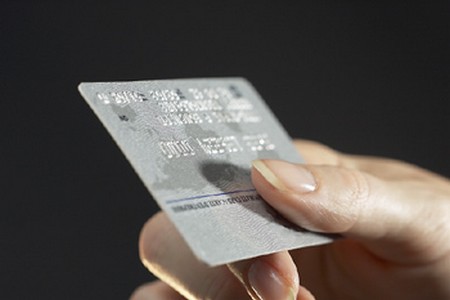Learning about good and bad borrowing is only half of the story. In order to manage your finances properly, you also need to be able to distinguish between good and bad lending. To be a lender, all you need to do is lend money to someone else. People and organizations lend money to each other all the time. But when is lending good and when is it bad?
Generally, any loan where the lender ends up losing money is bad lending. If you lend money to a friend who doesn’t pay it back, for example, it is a form of bad lending because you have lost money. If, at the time you gave the money, you had agreed that it didn’t have to be paid back, that is different – it is a gift, not a loan, and therefore cannot be classed as bad lending. However, if you gave the money with the expectation that it was going to be paid bock, it is a loan and should be treated as such.
Good lending practice should ensure that the lender makes money from the transaction. In no circumstances should the lender lose money. When you take out a bank loan, for example, the lender (in this case the bank) will always make sure that it makes money from the deal. They require showing proof of income. It will charge interest for the time you have the money, and if the loan is over a certain amount, it will usually put additional safeguards in place to make sure it can get the money back if you do not keep your promise to repay. For example, the bank may ask you to offer some form of security against the loan, so that if you do not repay the money, the bank can repossess an item of value from you, such as your home, and sell it to recoup the money it has lost. Some banks are also having background checking as well as using warrant searches to make sure that the borrower is a reliable one.
Suppose you lend £900 to a friend and that friend takes a long time to pay it back, but does so in the end? Let’s say you get your £900 back after one year. Is that an example of good lending or bad lending? It is, in fact, bad lending, because you have still lost money. Not only have you lost the use of that money for a year, but you have also lost the chance of earning interest on it. You could have invested that £900 in a bank or building society savings account that pays, say, 4 per cent interest per annum, for instance, and made £36 in interest over that year. In your friend’s case, you may have got your £900 back, but you have lost £36 in interest.
So does that mean you shouldn’t lend money to friends when they need it? Not necessarily, but how many people do you know who lend money to each other in the way banks do, taking assets as security and charging interest? And more to the point, how many friends, when they borrow money, offer to pay interest or to give any assets as security, or even offer information about their current financial circumstances? My point is that this kind of informal lending needs to be approached with caution, not just because of the risk of losing money but the risk of losing friendships too. It is also worth asking yourself why that person can’t go to a bank for a loan. If a bank won’t accept the risk, is it an acceptable risk for you? Next time a friend need some money you can recommend milwaukee payday loans.
Click here for source link.
